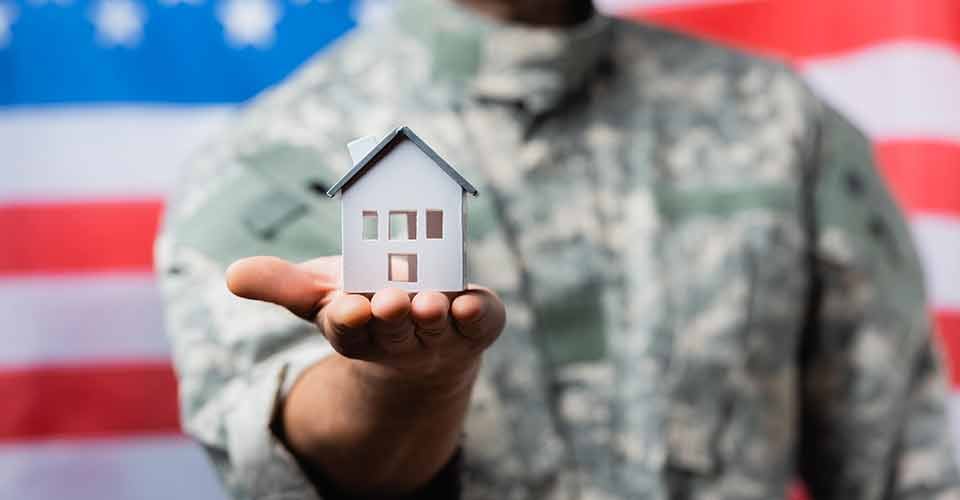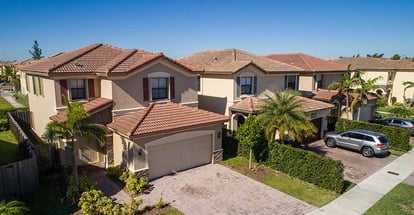This article will focus on three key aspects of BAH so you know exactly how it can be used!
What is BAH?
A Military Basic Allowance for housing compensates you for the cost of accommodation when you don't receive government housing.
As an active-duty service member, you can count your BAH as income when applying for a mortgage. So, you can use it to qualify for a VA home loan and use your BAH to pay your mortgage.
The BAH allows service members to rent, but some servicemen may be unwilling to purchase a home because they may receive PCS orders anytime. However, funding your BAH as part of your home purchase budget is a huge advantage.
As long as everything goes according to plan, it is a more manageable option if you want to purchase a home. Housing Assistance comes in various forms, all of which help service members meet their housing needs.

Who is Eligible?
You are eligible for Military BAH as a service member assigned to the base. It is paid to service members living off-base or in private housing.
BAH payments cover housing costs, which are generally higher than on-base housing. There are several different types of BAH.
For instance, BAH with or without dependents, BAH-Diff, and Partial BAH, to name a few. BAH, with or without dependents, considers an applicant's dependents when determining eligibility.
BAH-Diff is available to members who pay child support and are assigned to single-type quarters. To qualify for this, the child support must be lower than what they receive as BAH.
Partial BAH is available to service members living in government housing without dependents. The primary objective of this fund it to cover incidental expenses.
How Are BAH Rates Determined?
Military BAH calculation is based on your rank, location, and whether you have dependents. Generally, many factors affect the rates, so verifying your amount with the DOD is essential.
The BAH allowance is usually higher for military personnel with a higher rank and a more extended service history, although exceptions exist.
There is also a higher allowance in major metropolitan areas and regions with higher living costs. Most service members living in more expensive parts receive higher BAH rates, enabling them to afford accommodation in areas where civilian housing prices cost more.
The Basic Allowance for Housing significantly reduces the financial burden for military service members. You qualify for a V.A. home loan as a service member, and your BAH will likely cover your monthly mortgage payments.
Take advantage of your BAH by living off base, and get a better housing deal for your family with lower costs, larger units, and more amenities.
With over 50 years of mortgage industry experience, we are here to help you achieve the American dream of owning a home. We strive to provide the best education before, during, and after you buy a home. Our advice is based on experience with Phil Ganz and Team closing over One billion dollars and helping countless families.


 By
By  Edited by
Edited by 








